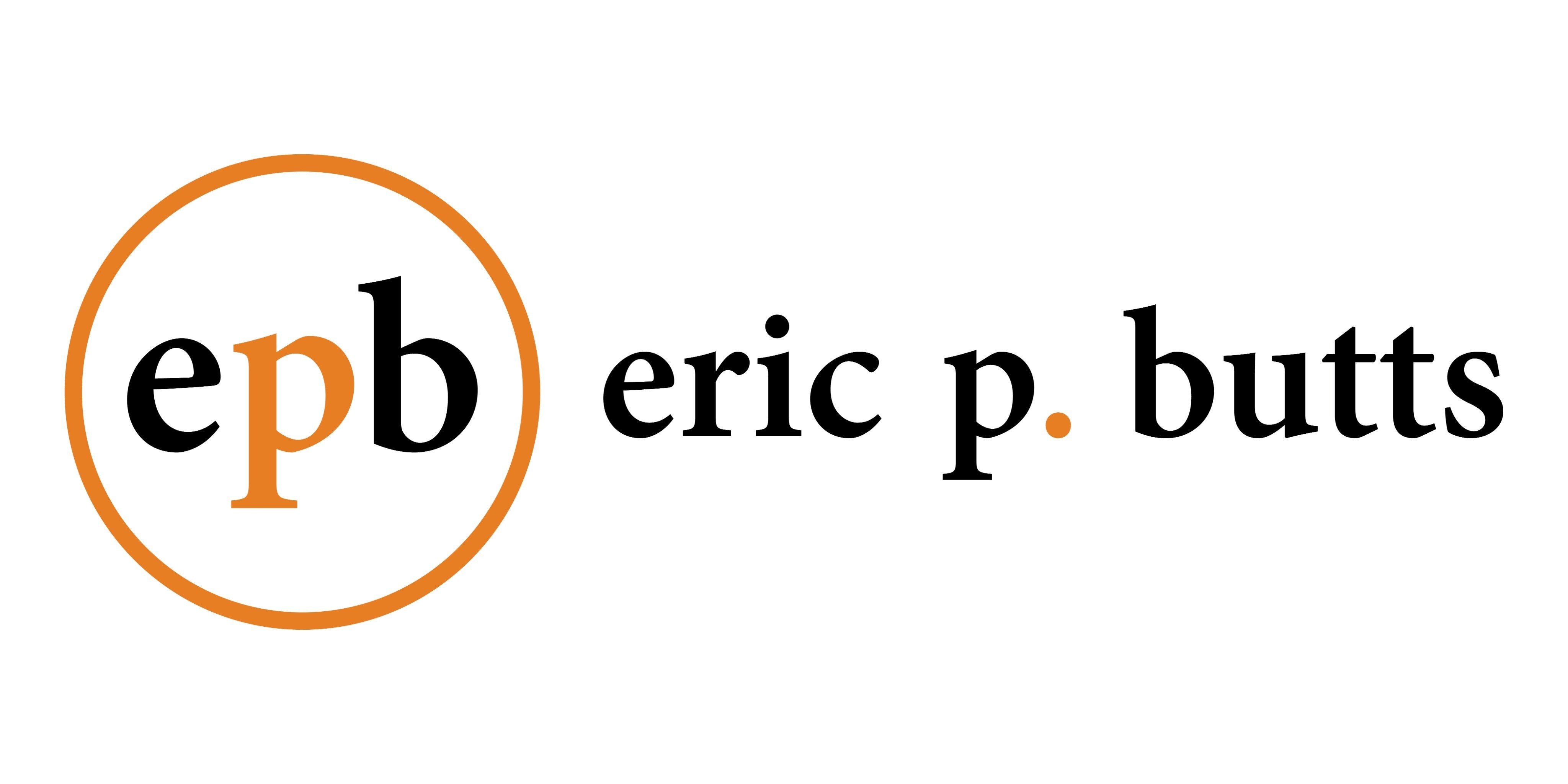Client proposals: how to know when to skip 2nd and 3rd revisions
Go right or go left. Just make a decision. There will be consequences either way. The important thing is that you make a call and we’ll adjust from there.
That was the advice one of the partners at the firm shared with me that I wanted to pass on to you today and remind you that people who take action are those who get rewarded.
Study long, study wrong.
Done is better than perfect.
You miss all the shots you don’t take.
Paralysis by analysis.
The list of ways to say action takers come out on top, in the long run, goes on and on.
The notion applies to pretty much anything you do in life. For example, think about if you consider applying for a job or to a school that may be a stretch for you (according to their official prerequisites). You have two choices.
Option 1: Applying at least gives you a chance at gaining a life-changing opportunity.
Option 2: Rule yourself out by sulking about how unqualified you are so applying would be a waste of time and you guarantee you get nothing. A giant goose-egg.
For the life of me, I can’t understand the self-screeners. If you apply for something and don’t get it, the worse thing that can happen is you’re in the exact same position as you are today…and maybe a little hit to the ego (a little humble is good for you every now and again).
In management consulting or other sales types of positions, hesitation can help you, but you have to learn where the tipping point is — the point when waiting does more harm than good. Every interaction with a client or prospect can be your last if you say the “wrong” thing.
The secret is having a clear understanding of how to decipher what qualifies as “wrong”. I’m going to break it down into two easy categories for you.
When you should hold back on your client proposals
Not having your facts straight or knowing the context of your client/customer’s business is a big no-no. If you don’t feel like you have the background understanding in order, you probably want to spend a bit more time doing your homework before taking your client proposals public.
When you should push forward
Spending a bunch of time deciding on an approach to a problem for a client proposal then changing your mind and re-analyzing a judgement call is a different story. As long as you can back your decision or proposal with logic you’ll be fine. Another tip that helps is when you show the options you considered side-by-side with the one you ended up proposing. It demonstrates that you’re measured and can bring structure to messy situations. And for you, it will reduce the cycle time for you to deliver work, which frees you up to do more work and put more money in your bank account. Who wouldn’t want that?!
Sorry to all the perfectionists reading this. I’m only doing this because I care. And -- as it turns out -- sometimes your client doesn’t.
